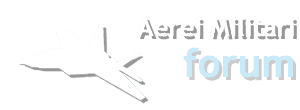La faranno una guerra in iran secondo voi?
92 utenti hanno votato
-
1. La faranno una guerra in iran secondo voi?
-
si45
-
no37
-
per me assassineranno il presidente e non la faranno8
-
- Si prega di accedere o registrarsi per votare a questo sondaggio.


Messaggi raccomandati
Crea un account o accedi per lasciare un commento
Devi essere un membro per lasciare un commento
Crea un account
Iscriviti per un nuovo account nella nostra community. È facile!
Registra un nuovo accountAccedi
Sei già registrato? Accedi qui.
Accedi Ora